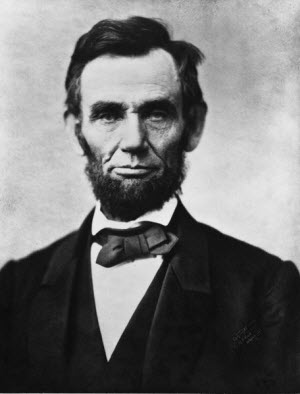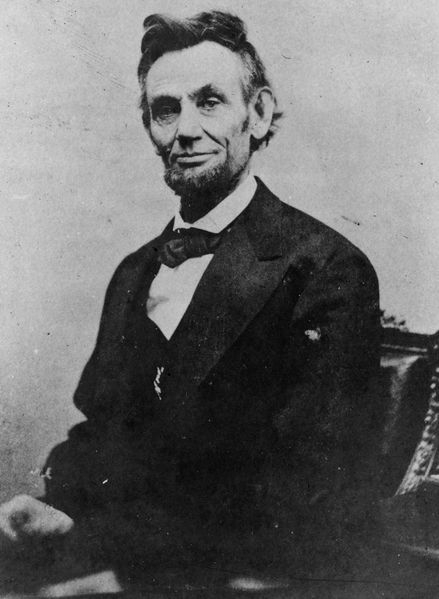General Farnsworth told the writer nearly twenty years ago that, being in the War Office one day, Secretary Stanton told him that at the last Cabinet meeting he had learned a lesson he should never forget, and thought he had obtained an insight into Mr. Lincoln's wonderful power over the masses. The Secretary said a Cabinet meeting was called to consider our relations with England in regard to the Mason-Slidell affair. One after another of the Cabinet presented his views, and Mr. Seward read an elaborate diplomatic dispatch, which he had prepared.
Finally Mr. Lincoln read what he termed "a few brief remarks upon the subject," and asked the opinions of his auditors. They unanimously agreed that our side of the question needed no more argument than was contained in the President's "few brief remarks."
Mr. Seward said he would be glad to adopt the remarks, and, giving them more of the phraseology usual in diplomatic circles, send them to Lord Palmerston, the British premier.
"Then," said Secretary Stanton, "came the demonstration. The President, half wheeling in his seat, threw one leg over the chair-arm, and, holding the letter in his hand, said, 'Seward, do you suppose Palmerston will understand our position from that letter, just as it is?'
"'Certainly, Mr. President.'
"'Do you suppose the London Times will?'
"'Certainly.'
"'Do you suppose the average Englishman of affairs will?'
"'Certainly; it cannot be mistaken in England.'
"'Do you suppose that a hackman out on his box (pointing to the street) will understand it?'
"'Very readily, Mr. President.'
"'Very well, Seward, I guess we'll let her slide just as she is.'
"And the letter did 'slide,' and settled the whole business in a manner that was effective."
Abraham Lincoln | Events | People | Abraham Lincoln Quotes |
Quotations About Abraham Lincoln | Abraham Lincoln Photo Gallery | Abraham Lincoln Timeline |
Privacy Policy | About Us | Site News | Site Map |
Anecdotes and Stories About Abraham Lincoln


